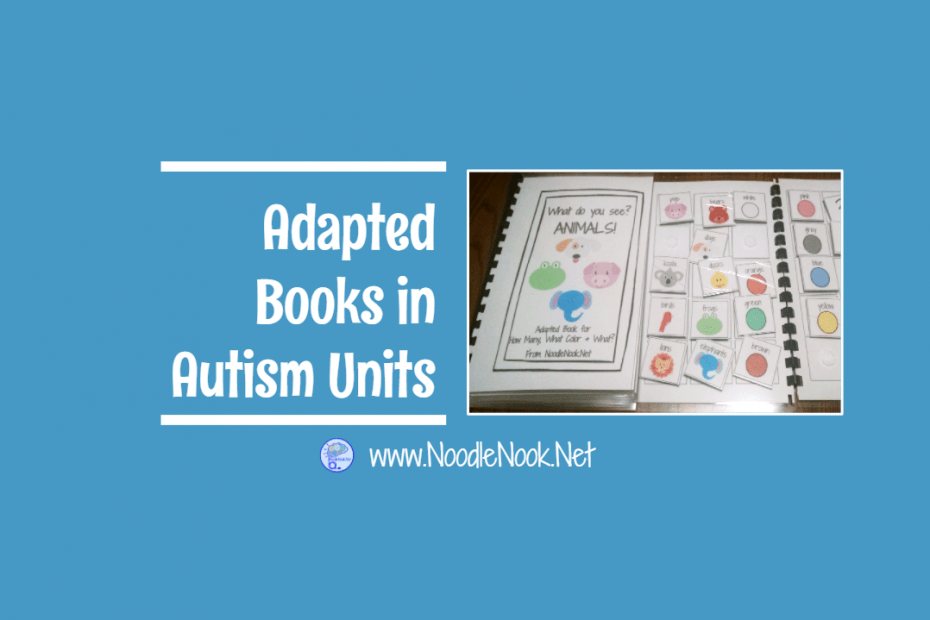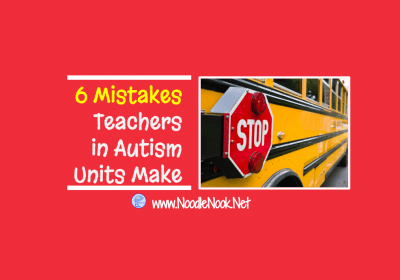Phonics or Sight Words- Teaching Reading to Students with Autism
Teaching Reading to Students with Autism Teaching kids with Autism to read. It seems to counter-intuitive to write that sentence… it implies that you teach… Read More »Phonics or Sight Words- Teaching Reading to Students with Autism

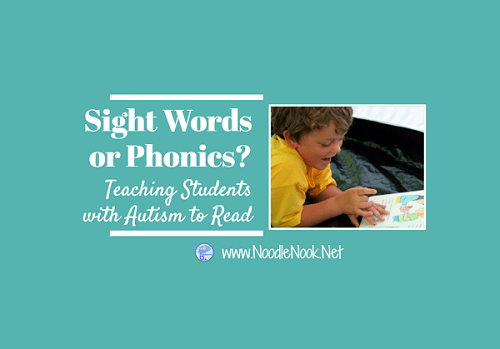
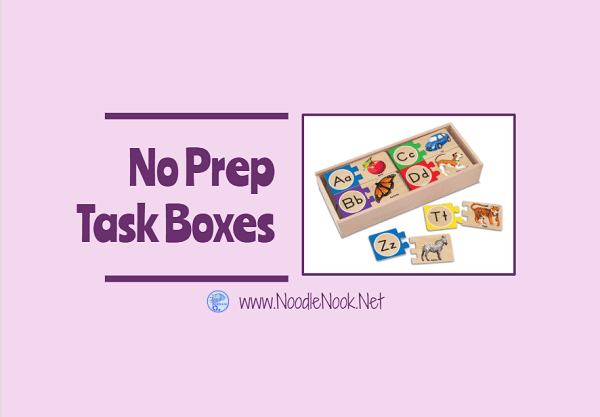
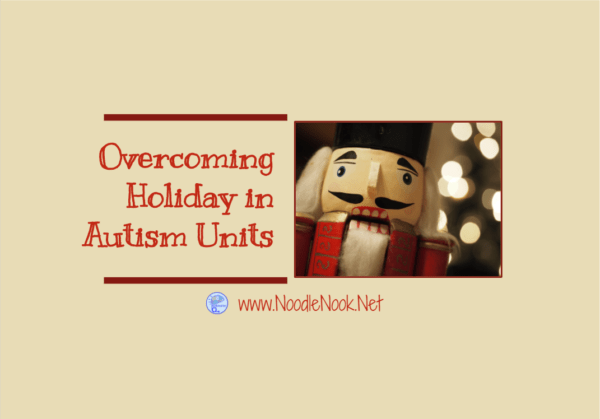
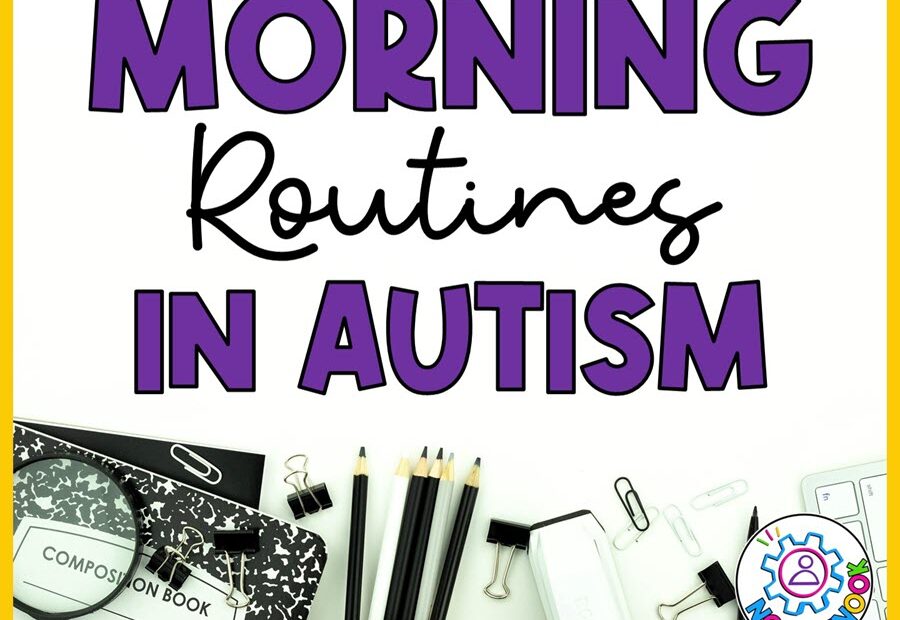
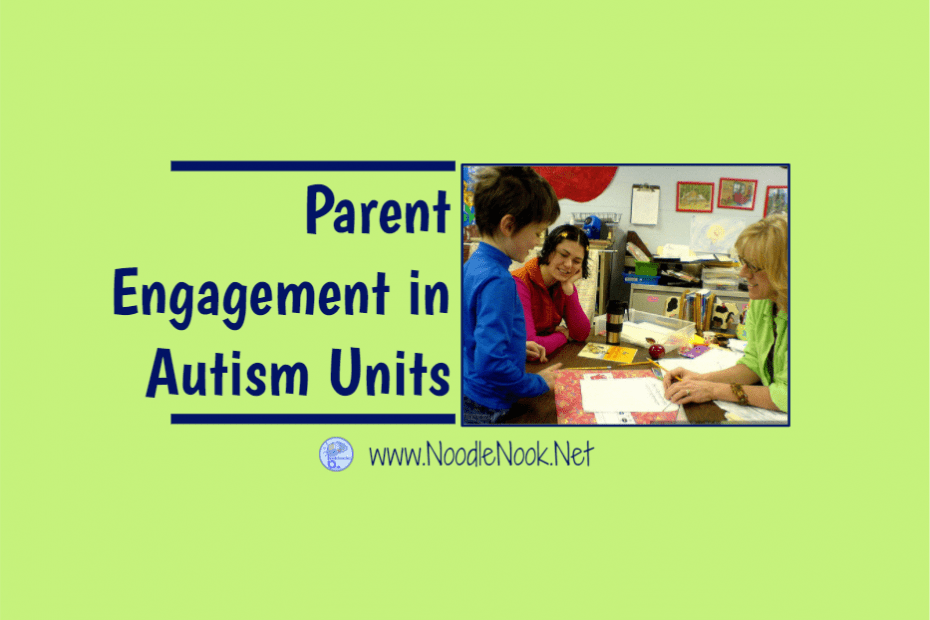


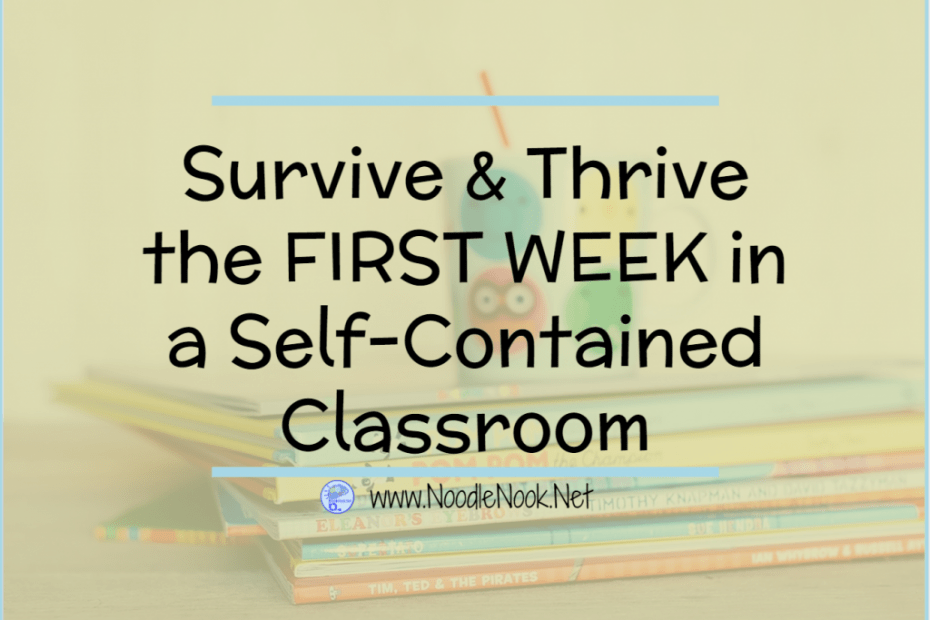
 [dt_gap height=”10″ /]
[dt_gap height=”10″ /]